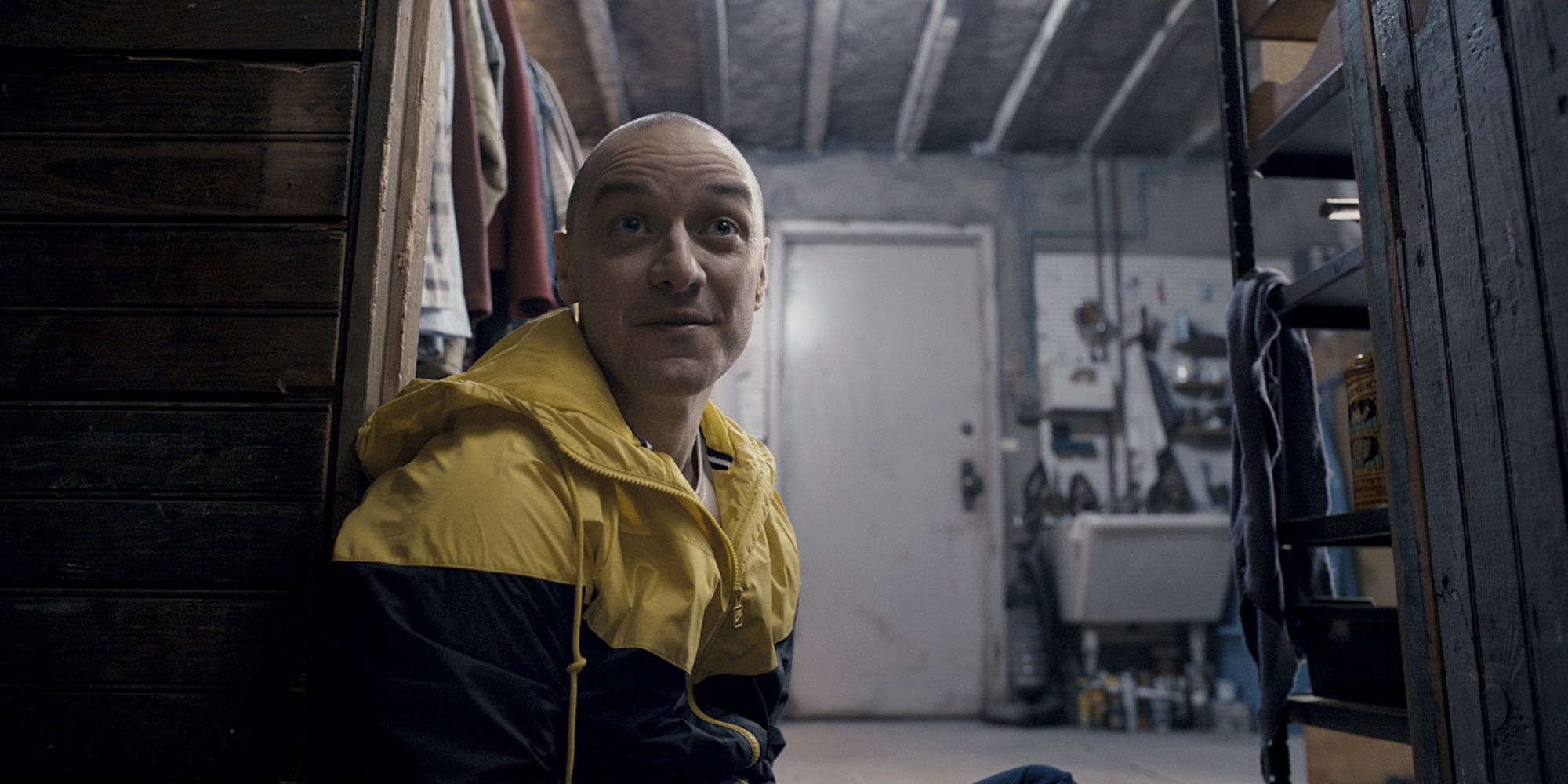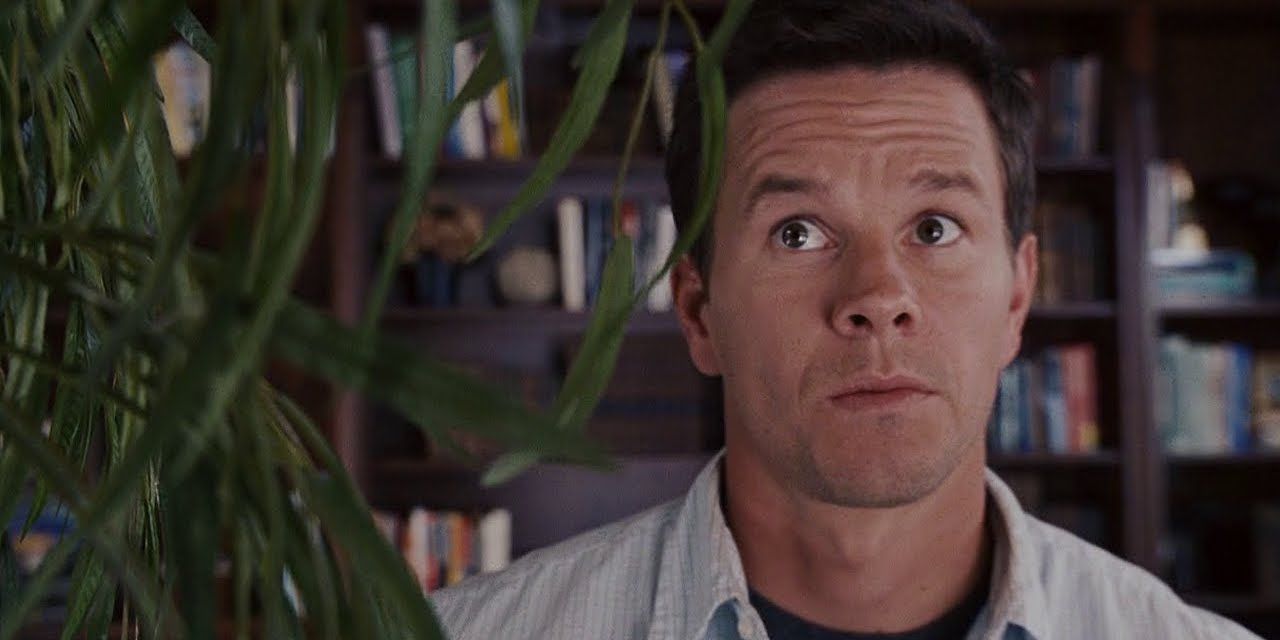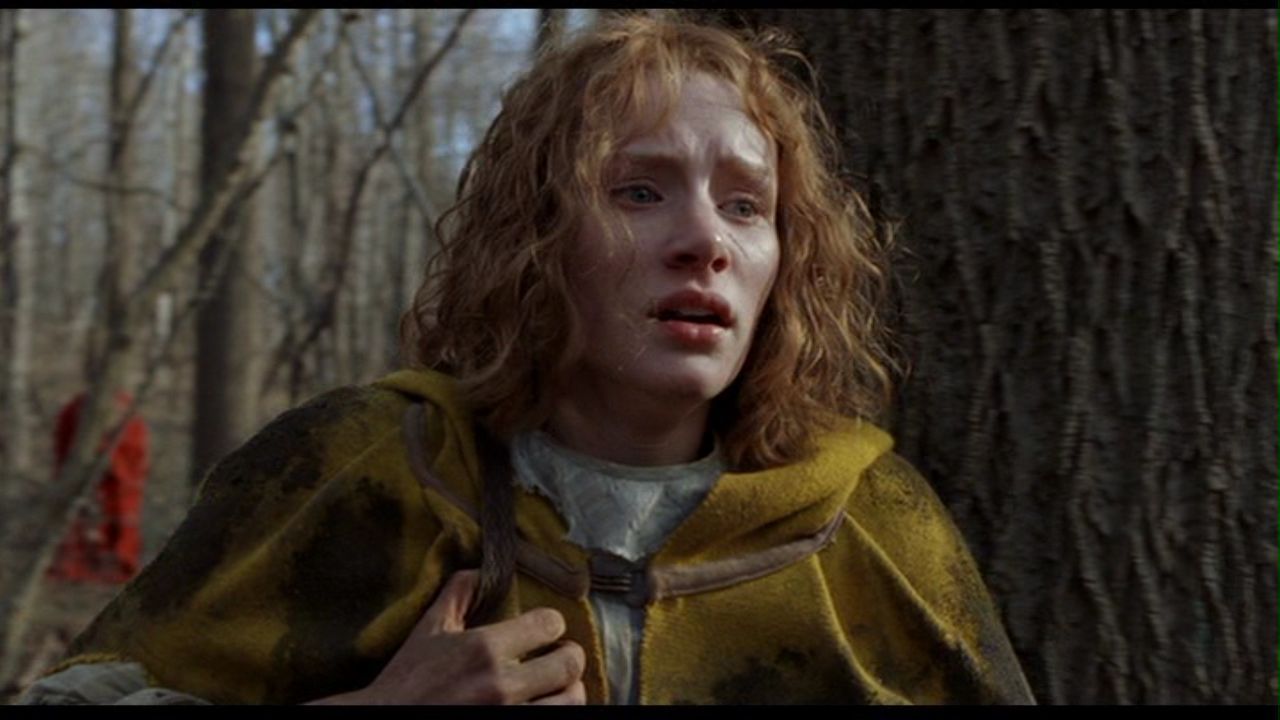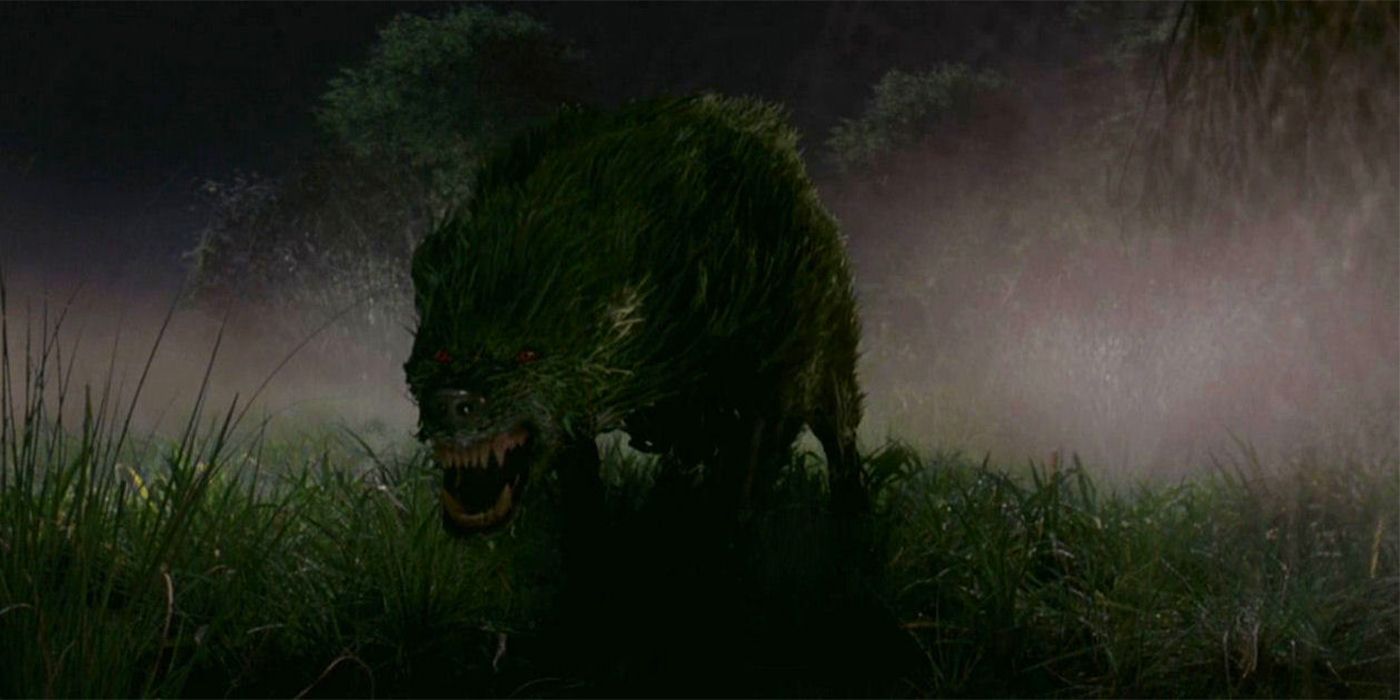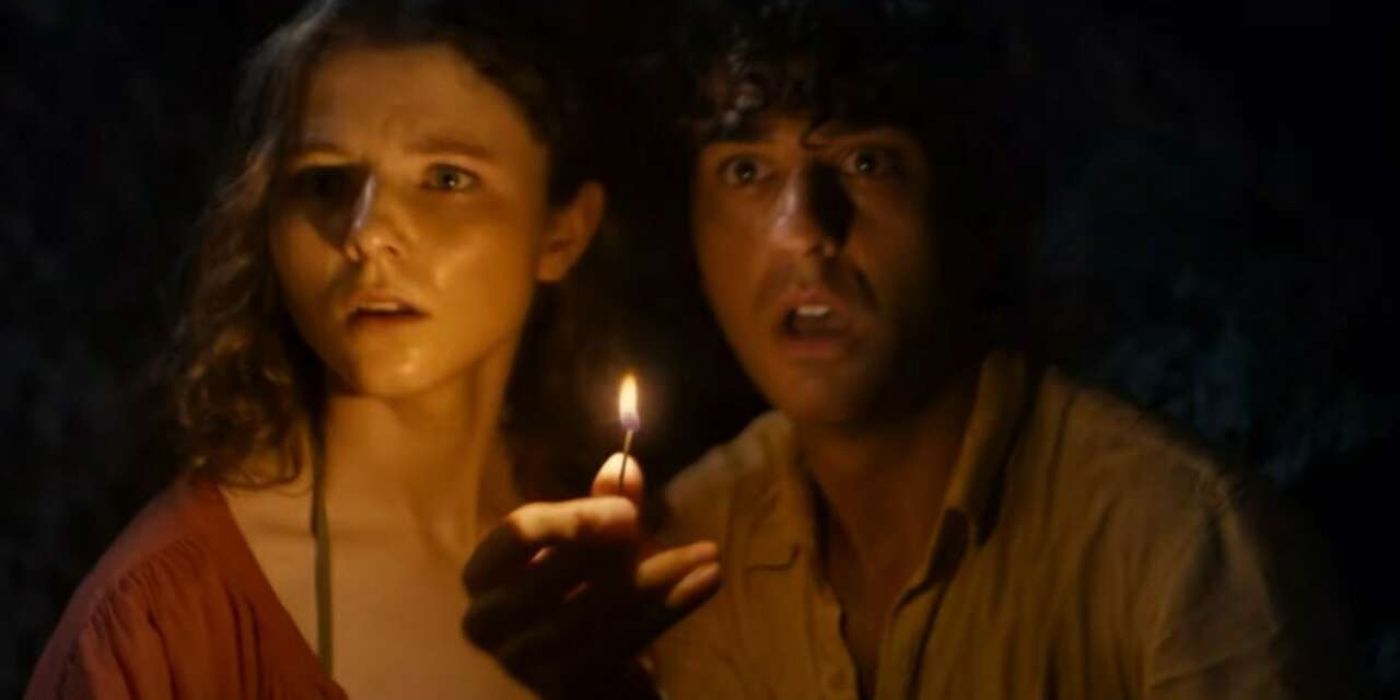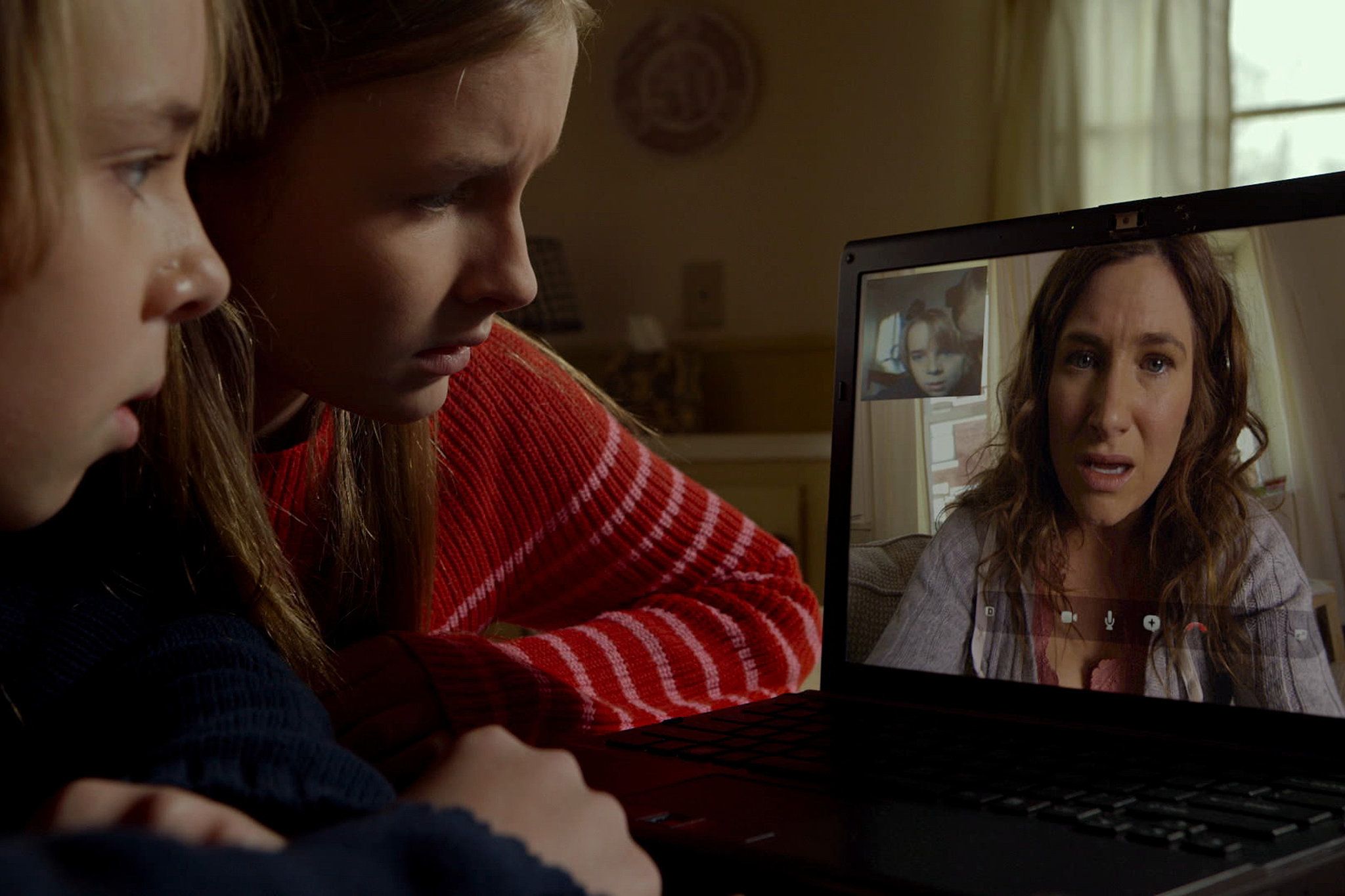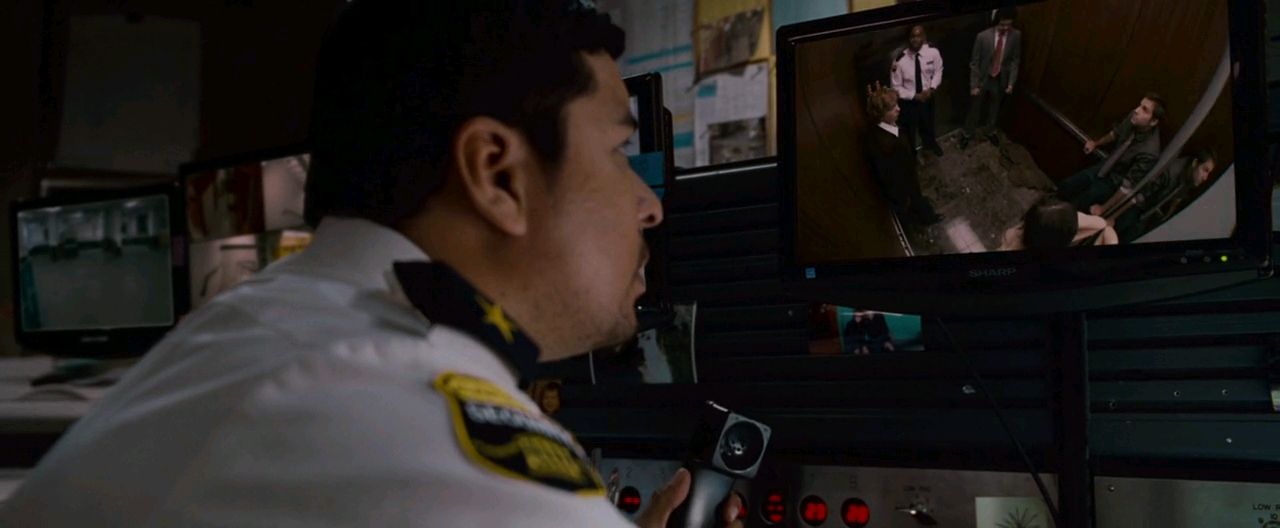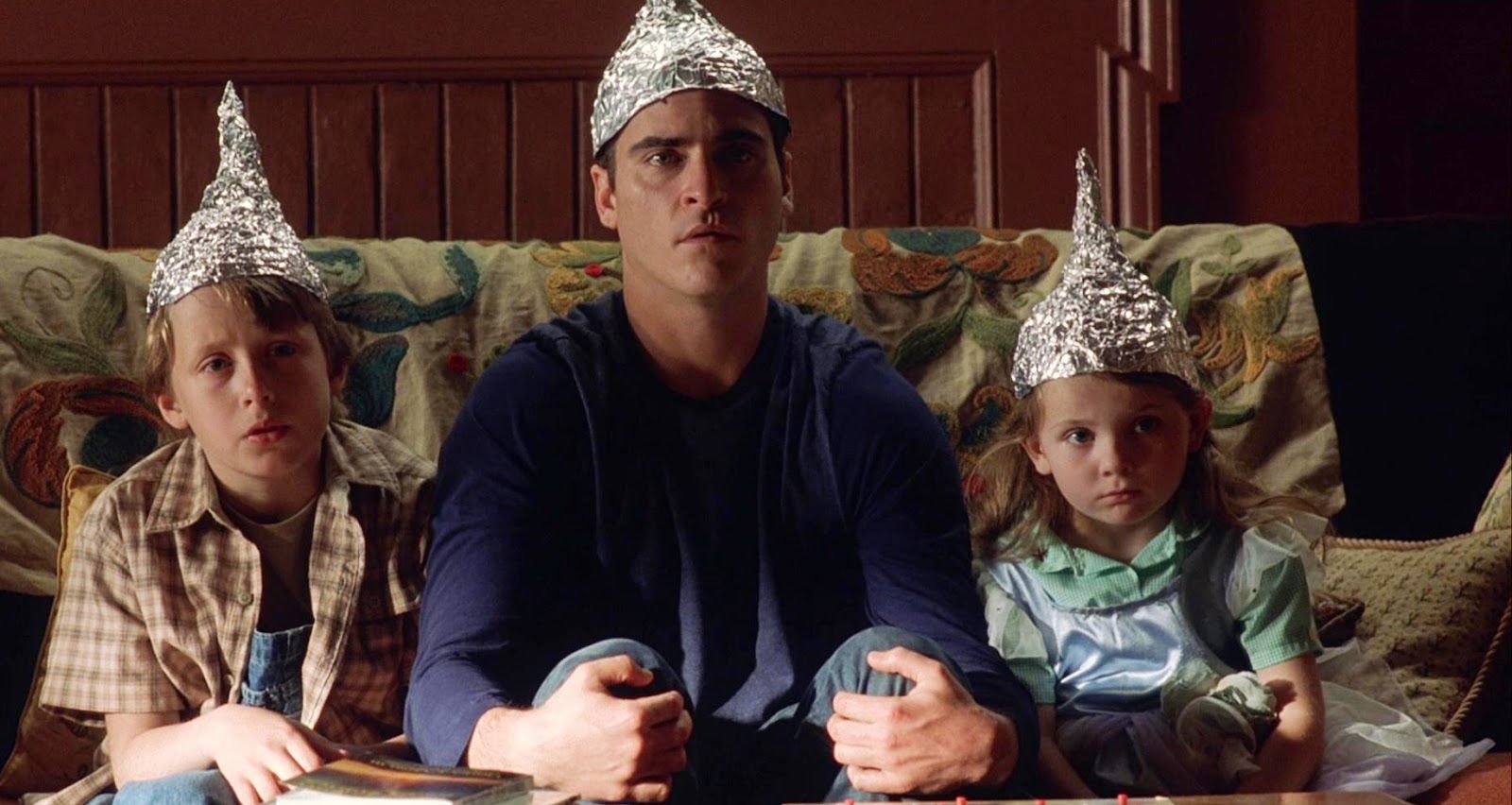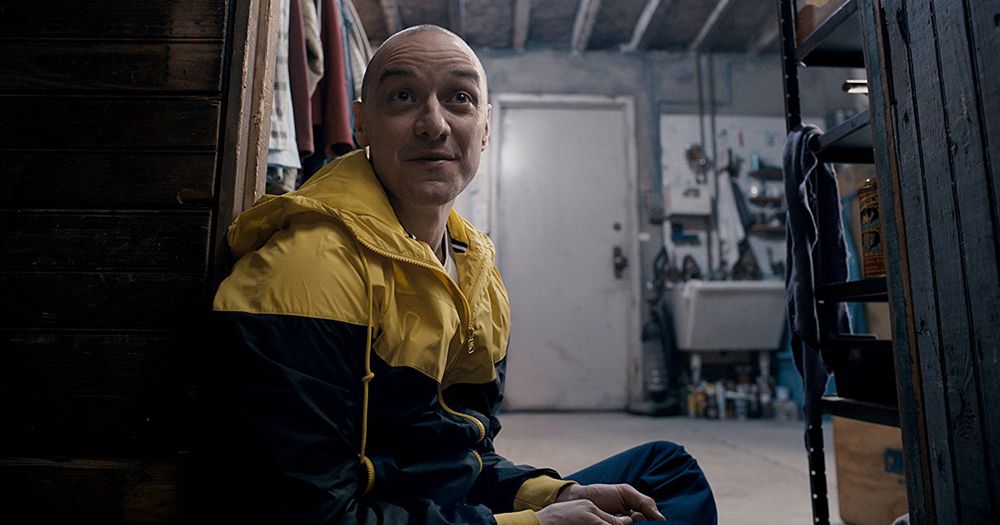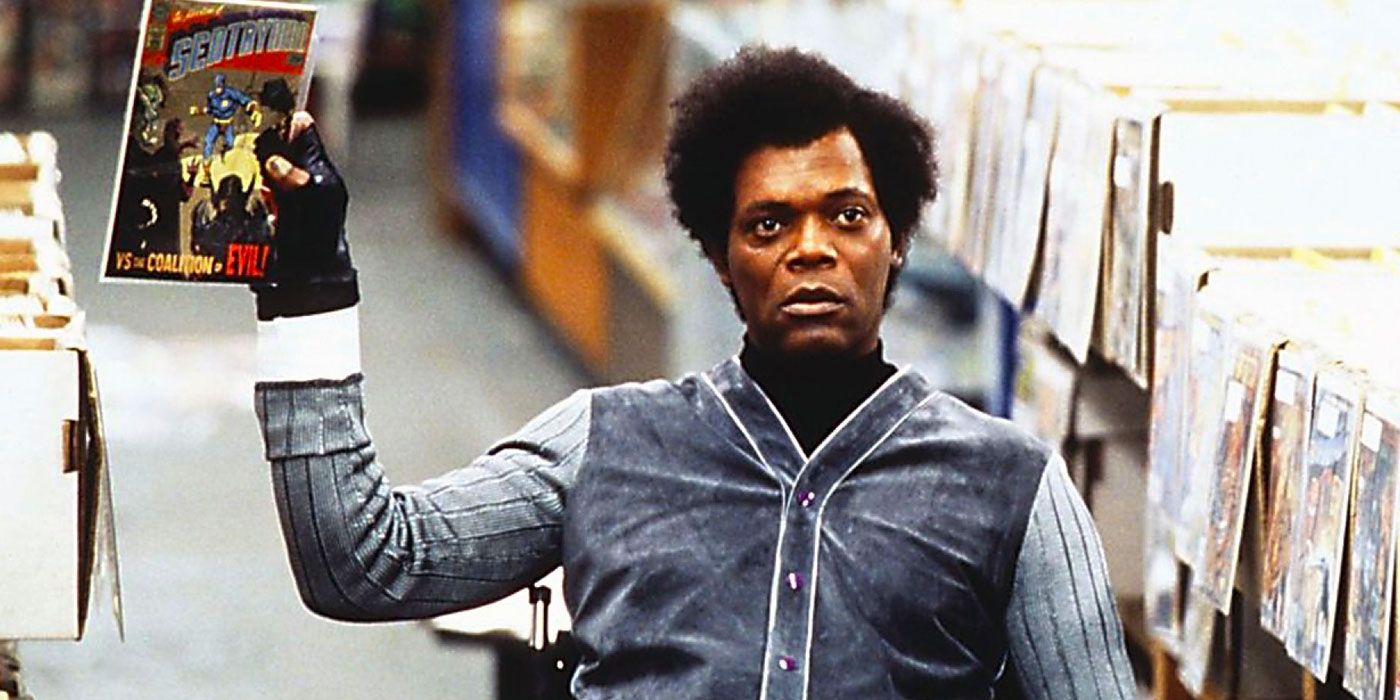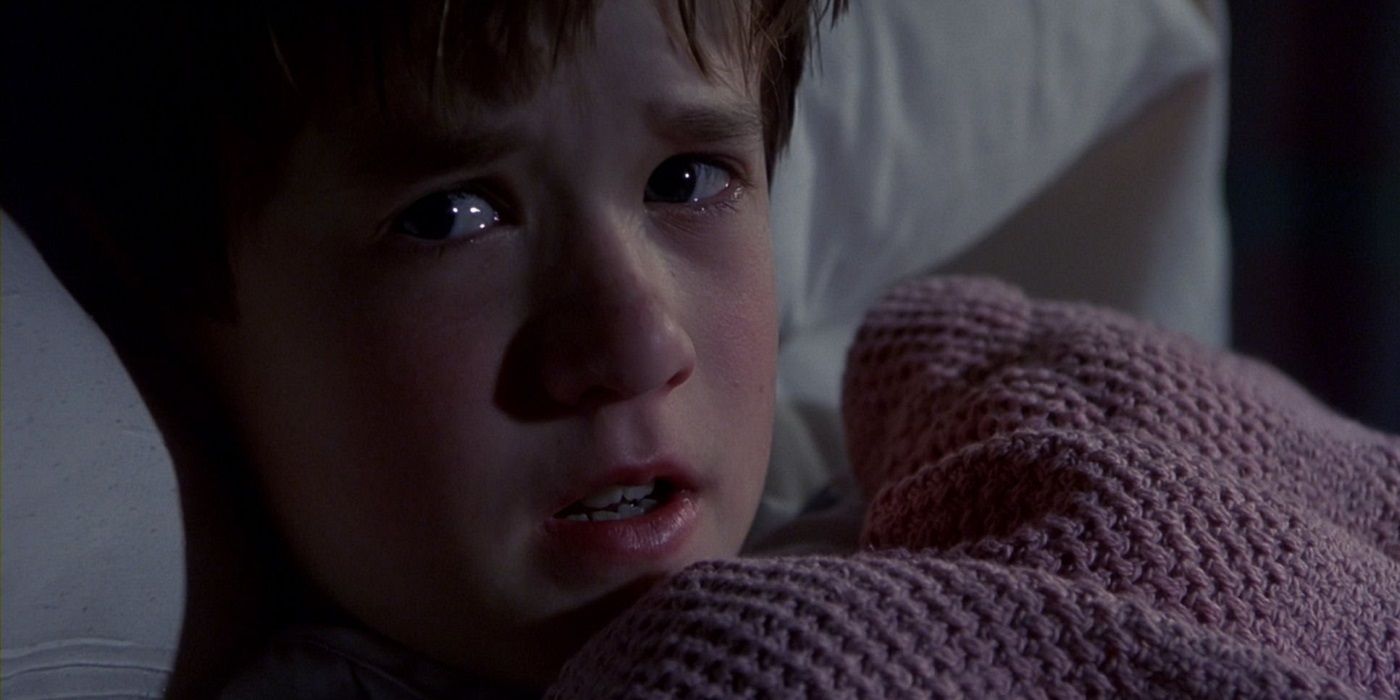From his latest film Old to the revisionist superhero movie Glass, director M. Night Shyamalan has consistently delivered interesting films that keep audiences on their toes for what they should expect from the story since the start of his career. The writer-director-producer has built a reputation over the course of his career for his films revolving around a central plot twist, usually playing out at each movie's climax and upending the stakes and characters involved.
Below is a comprehensive ranking of Shyamalan's various major twists throughout his films. While this should be a given, spoiler warnings for The Sixth Sense director's extensive filmography.
EDITOR'S NOTE: Updated July 25, 2021, to reflect M. Night Shyamalan's latest release, Old.
10. The Happening
Perhaps the most maligned film in Shyamalan's filmography also contains the most head-scratchingly nonsensical plot twist the director has conceived yet. The 2008 film saw the world gripped in a mysterious epidemic that had individuals suddenly commit suicide with no clear indication of the cause. The characters, led by high school science teacher Mark Wahlberg, discover that the plants have released an invisible, odorless substance into the atmosphere as a defense mechanism against humanity.
While certainly a timely twist given climate concerns, the twist is so bewilderingly out of left field that audiences were left puzzled by it. A sort of cross between the classic Hitchcock film The Birds and an angry botanist's revenge fantasy, Wahlberg's delivery as he announces what's behind the epidemic does not do the already far-fetched twist any favors.
9. The Village
There are actually two twists, of a sort, in Shyamalan's 2004 film The Village, and neither of them are any good or surprising. The seemingly period piece movie follows a blind young woman (Bryce Dallas Howard in one of her first major roles) in a late 19th century town, which is beset by a red-cloaked beast that menaces inhabitants after dark, as well as those that stay too far away from the village itself. Forced to leave her home for the first time for medical assistance, the beast is revealed to be a mentally challenged man portrayed by Adrien Brody, while the village itself is revealed to be an isolated community in modern day America.
The twist about The Village not actually being a true period piece was one audiences saw coming a mile away in an already lackluster film, in a sort of pre-Victorian version of The Truman Show. And the twist regarding the beast's identity is borderline offensive, with the film's overall depiction of the mentally challenged and its insinuation that they're more susceptible to murderous acts.
8. Lady in the Water
Shyamalan's 2006 fantasy film remains his most sentimental movie to date and was initially marketed as not having a major plot twist. It does. Though the film's reveal isn't as earth-shattering as the ones that came before (or the ones that came after). Following the tenants of an apartment complex that discover a mysterious mermaid-like lady in the water, as the title suggests, the characters realize they are part of a modern fairy tale, each with a role to play in protecting the eponymous fantasy figure. To expand on the twist, the characters discover the roles they had initially assumed were incorrect, leading them to swap assignments to complete the story properly.
If Unbreakable was Shyamalan's attempt at telling a revisionist, metatextual superhero story, Lady in the Water was the filmmaker's attempt to tell a postmodern, self-aware fairy tale. The twist itself is interesting in its deconstruction of the nature of storytelling, but ends up relatively clumsy in its actual delivery.
7. Old
Shyamalan's 2021 film, Old, centers on a family vacation at a tropical resort, where they pay a visit to a secluded beach. There, they encounter other families who are similarly enjoying the idyllic locale. The outing takes a horrific turn when everyone in the immediate vicinity begins to age rapidly: Children grow into teenagers before their parents' terrified eyes, and the adults rapidly progress decline into old age.
Old's big twist is that the resort is secretly a facility for a pharmaceutical manufacturer performing illegal trials; the company observes visitors living out entire life cycles on the beach to see long-term effects of drugs.
While Old's premise and cinematography were largely praised, the performances themselves, particularly as the tension and narrative conflict arose, were lambasted by critics. The execution of the twist was also seen as clumsy, failing to capitalize upon its presumptive promise.
6. The Visit
2015's The Visit saw M. Night Shyamalan's full return to the horror genre as a director after working for several years in the fantasy and sci-fi genres. Following two teenagers as they travel to a remote farm to visit their grandparents for the first time, it quickly becomes clear that not all is as it seems with the elderly couple's disturbing behavior and escalating sinister incidents surrounding them. Eventually, the kids discover their actual grandparents were murdered by the elderly couple, who are actually escaped patients from a nearby mental institution.
Like The Village, the big plot twist to The Visit is one relatively easy to predict, but Shyamalan is at the top of his suspenseful game here, more than he was with the 2004 film. The idea that the elderly couple the teens are visiting are not actually their grandparents is telegraphed early on, but the full extent of their villainy, including the murders of the real grandparents, is a startlingly personal one for the audience.
5. Devil
Co-written and produced by Shyamalan, with the actual directorial duties handled by John Eric Dowdle, 2010's Devil serves as a claustrophobic horror whodunnit. Despite not directing, Shyamalan's influence can certainly be felt throughout the production, with five strangers stuck on an elevator as the titular demon among them gruesomely picks them off one-by-one while keeping its identity a secret. With only two of the original five occupants surviving, the big twist has an old woman that had seemingly hanged herself early on revealed not only to be alive but also the literal devil, looking to torment the survivors into losing their faith.
The concept of the devil not only being real, but among the characters trapped in the elevator isn't the big plot twist; it's right there both in the film's title and opening narration. What does make it a nice twist is the reveal that the demon is one of the presumed-dead characters who had apparently met their untimely end earlier in the film.
4. Signs
Part family drama, part alien invasion story, 2002's Signs starred Mel Gibson as a Midwestern preacher who lost his faith following the tragic death of his wife in a car accident. As Gibson's farm becomes the latest staging ground for the hostile extraterrestrials, he realizes that everything in his life, from his wife's last words to his brother's failed baseball aspirations to his children leaving glasses of water around the house, were all part of a divine plan to ward off the alien intruders, rediscovering his faith in the process.
In lesser hands, the 2002 film's twist could've come off as corny, but Shyamalan wisely grounds the reveal after thoroughly planting clues throughout the entire film, making the payoff feel completely organic. Upon repeat viewings, the hints are less subtle, but it does show Shyamalan was planning a longer game for the audience all along.
3. Split
The twist in Split, the immediate predecessor to Glass, is one that really doesn't really have anything to do with the 2016 movie's overall plot. At the very end of the film, diner patrons observe a newscast detailing Kevin Wendell Crumb's extraordinary abilities as the multiple-personality villain the Horde. As the diners attempt to recall another infamous killer, Bruce Willis' David Dunn, the protagonist of Unbreakable, reveals himself, reminding them of the 2000 film's central antagonist, Mister Glass.
While bearing no immediate impact on the story, it's important to remember that Split was marketed as a standalone horror film, with no obvious ties to any existing films. Wonderfully understated, it reframes the entire movie as part of a shared cinematic universe, tying directly into the events of the next film on the list.
2. Unbreakable
Much of the 2000 film had Samuel L. Jackson's Elijah Price attempt to convince Bruce Willis' David Dunn that he was, in fact, a modern superhero. Displaying incredible feats of strength and endurance, as well as developing a form of extra-sensory perception that revealed characters' deeds when David came into physical contact with them, Willis' character finally decides to embrace his destiny as a postmodern, working class superhero. Shaking Elijah's hand, David learns that his mysterious mentor is actually the one responsible for accidents resulting in the deaths of hundreds, including the train crash where David discovered his own powers.
For much of the film, Shyamalan set up a confrontation with a serial killer as the main conflict for David to overcome. Elijah's reveal as the secret villain orchestrating the events of the film establishes that the movie is more than about just the modern mythology of superheroes, but also supervillains. In that masterstroke, the stakes immediately heightened and David discovered his true enemy.
1. The Sixth Sense
The breakout hit film that catapulted Shyamalan's career into the Hollywood mainstream, 1999's The Sixth Sense featured the filmmaker's greatest twist. As Bruce Willis' child psychologist Malcolm learns that his latest patient, Cole, can see dead people, he comes to the eventual realization that he has himself been dead for some time, killed by a former patient much earlier in the film.
There is a reason that the twist from this film has largely defined Shyamalan's career and is an association he will never completely shake. While there are clues scattered throughout the film regarding Malcolm's true fate, the twist was one of the most talked about moments upon the film's initial release 20 years ago, having audiences return for repeat viewings to pick up on the all the hints leading to the revelation. It remains the singular definitive moment in Shyamalan's entire filmography.
Written and directed by M. Night Shyamalan, Old is in theaters now.

